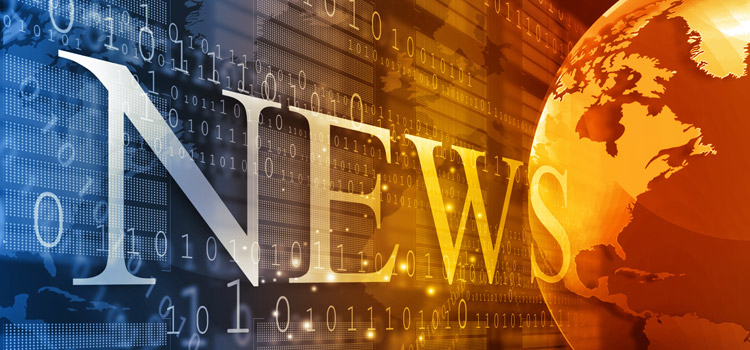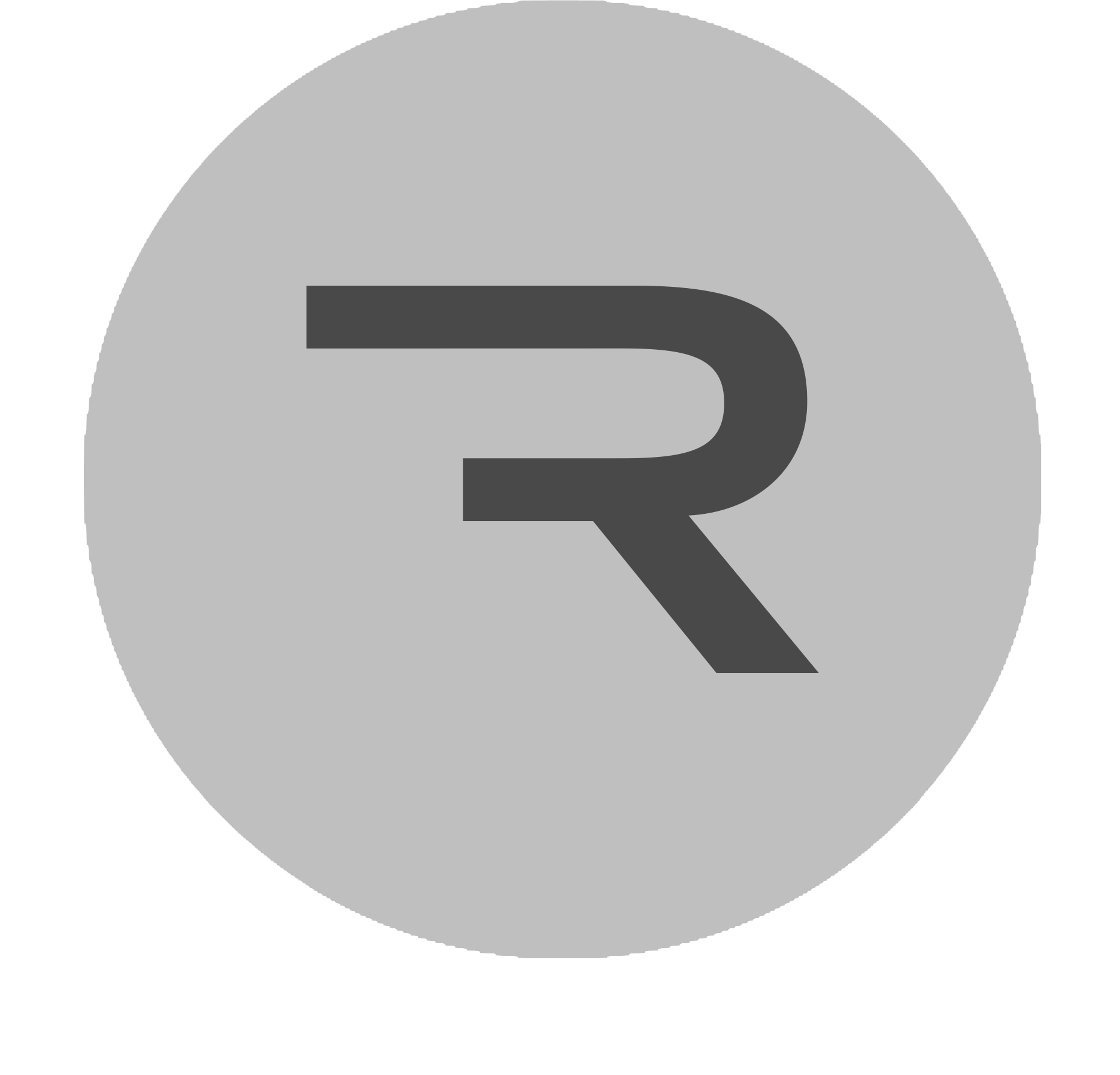I’m often asked to define cognitive computing. Honestly, it’s not always easy to define. So first, let’s step back and take a look at the overall analytics landscape. Within analytics, you have descriptive, predictive, and prescriptive analytics. Descriptive analytics summarizes what happened. Predictive analytics studies recent and historical data and enables analysts to make predictions about what is likely to happen. Prescriptive analytics defines a set of actions users should take based on predictions.
Cognitive computing takes all of this much further. It’s an intelligent solution that helps people—or more specifically, knowledge workers—make better decisions. What’s really exciting about cognitive computing is that it learns as it goes. And it’s learning from your unique data, your specific business drivers and scenarios. So ultimately, the answers cognitive computing delivers to you are truly unique to you.
Think of it this way… Software, even customized software, is fairly formulaic. If this, then that. Or think of it as a decision tree. Or a hierarchy. The foundation of the software you are using is the same foundation your competitor is using. The data, of course is different, but at the end of the day, how different are the results?
Cognitive computing starts with that same foundation, but adapts as it learns. It adapts to your data. There is no one right answer, just the right answer for your situation. For example, IBM Customer Insight for Banking is used by both large national banks and regional banks. The questions they ask may be the same, but because their customers, their business goals, their marketing campaigns, their demographics, and many other variables are all different, the answers will be different. It is as different as purchasing a suit off the rack is as from purchasing a bespoke suit, custom tailored just for your measurements, your style, your taste, and your budget. Not just hemmed, or let out, or taken in here or there.
Of course, this definition really just skims the surface of cognitive computing. The magic of it, if you will, is the sheer power of it—Watson can perform cognitive computing against extremely large data sets. Whether it’s IBM Watson Health, or our first introduction to Watson years ago, when it competed on Jeopardy!, Watson can quickly sort through volumes of data that humans simply never could.
When I look at cognitive computing in this context, I like to pose this question: if your knowledge workers had the power of cognitive computing today—the power to quickly sort through untold volumes of data and find the right data to make the best possible decision—what could that mean to your business?
If the idea of cognitive computing intrigues you, consider attending the upcoming IBM World of Watson conference, which focuses on cognitive computing in action today, and where it is going tomorrow.
Read more blog posts on cognitive computing and AI:
How will Artificial Intelligence Impact your Industry?
Pull a Rabbit out of a Hat — or At Least Insight out of Your Data

